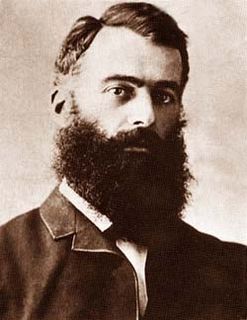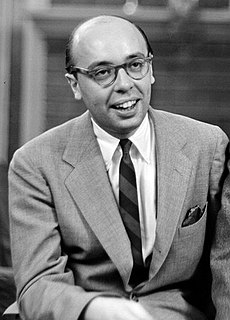A Quote by Scott Weiss
One of the rookie mistakes first-time entrepreneurs often make is to be too guarded about their idea - in fact, many will actually spend their first $25,000 on patent lawyers without ever fully vetting their product.
Related Quotes
That reminds me to remark, in passing, that the very first official thing I did, in my administration-and it was on the first day of it, too-was to start a patent office; for I knew that a country without a patent office and good patent laws was just a crab, and couldn't travel any way but sideways or backways.
The very first idea I ever had about making a film... my first thought about ever being a filmmaker was when I was sixteen years old and I wanted to make a Viking movie. And I wanted to make it in old Norse, which I was studying at the time. It's odd because at that age that's a stupidly ridiculous idea 'cause how will I ever be a filmmaker.
When talking to first-time entrepreneurs, I often ask them: 'How do you know that people want your product or service?' As you can expect, the answer is often that they don't yet, but will know once they launch. And they're right. That's why it's critical to launch as quickly as possible so you can get that feedback.
Workers must root out the idea that by keeping the results of their labors to themselves a fortune will be assured to them. Patent fees are so much wasted money. The flying machine of the future will not be born fully fledged and capable of a flight for 1,000 miles or so. Like everything else it must be evolved gradually. The first difficulty is to get a thing that will fly at all. When this is made, a full description should be published as an aid to others. Excellence of design and workmanship will always defy competition.
What do you first do when you learn to swim? You make mistakes, do you not? And what happens? You make other mistakes, and when you have made all the mistakes you possibly can without drowning - and some of them many times over - what do you find? That you can swim? Well - life is just the same as learning to swim! Do not be afraid of making mistakes, for there is no other way of learning how to live!
Entrepreneurs don't really make mistakes, though. We just make decisions that seem right at the time, but which sometimes turn out to have been the wrong path to take. For example, we allowed a buyer to place a huge opening order and later had to take some product back. We didn't have our sell-through programs in place, so in hindsight, it would have been wiser to sell in less product at the outset. The scary thing is you are always making decisions without knowing the future.

































